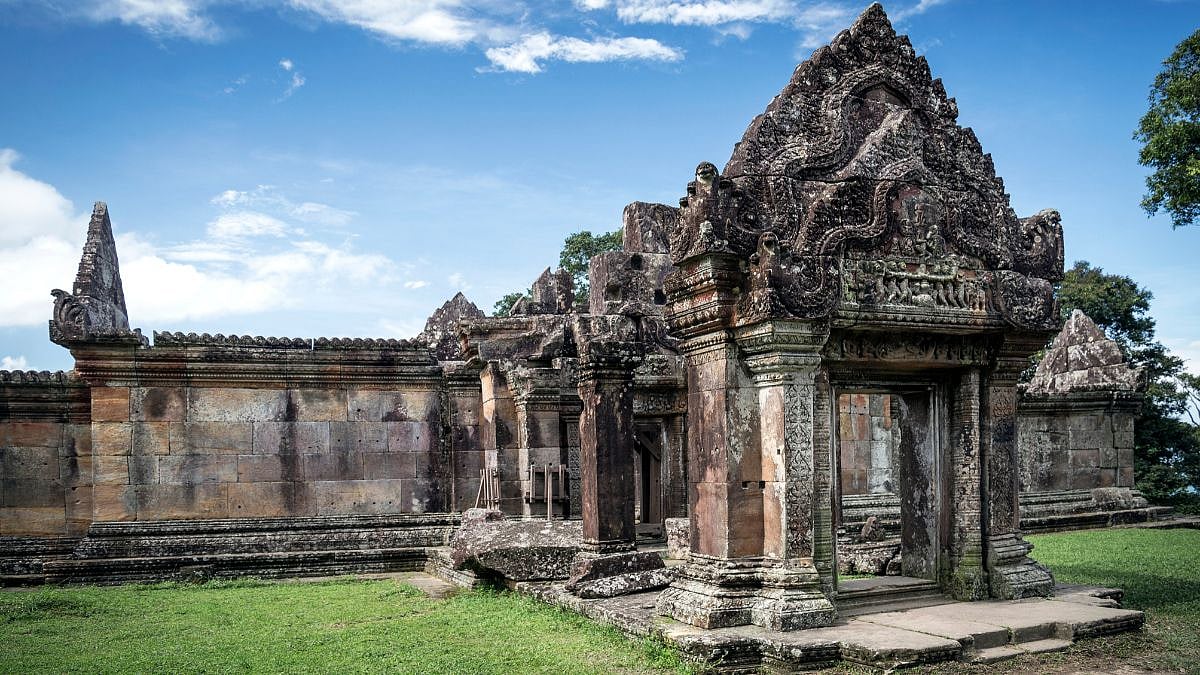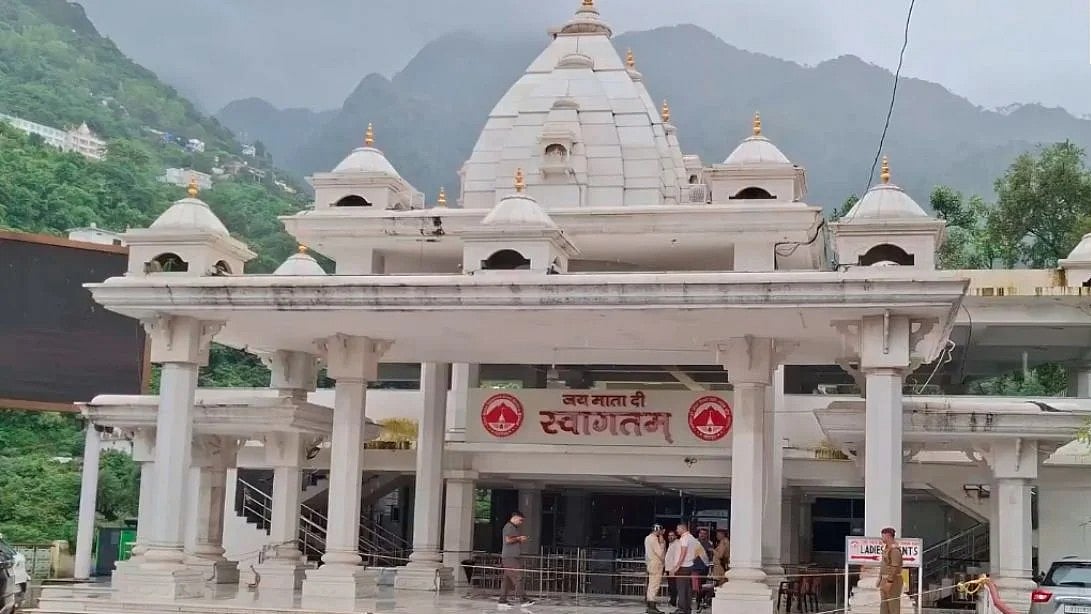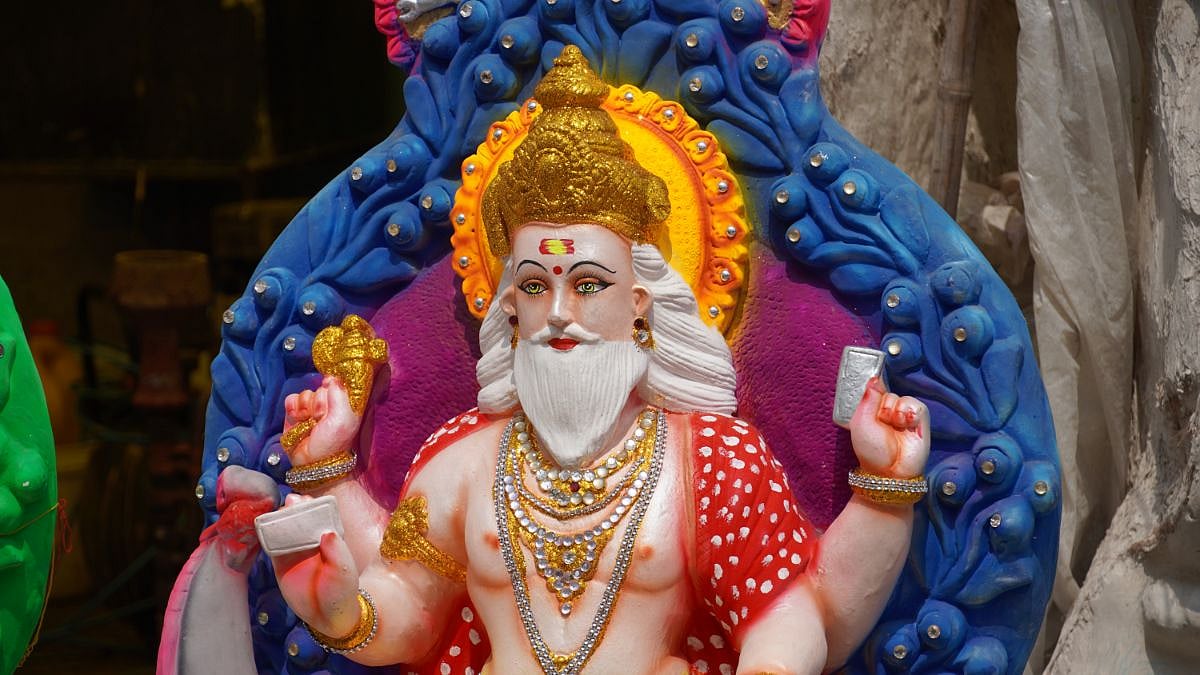Traya is three, and trimshat is thirty; thus, the divine group comprises thirty-three. It is often mentioned that there are thirty-three koti devatas. ‘Koti’ gets interpreted as the number ‘crore’, meaning ten million. ‘Koti’ also means ‘category’. Thus, trayastrimshat koti devatas means thirty-three categories of divine leaders. These are sub-grouped as Adityas, Rudras, Vasus, etc.
There are ‘dwadasha’ Adityas, meaning twelve Adityas. The Aditya we all are familiar with is the Sun. We recite Navagraha Stotra as ‘Adityaya Somaya..’. When we mention Aditya here, it clearly indicates Surya. Alternatively, when we do Suryanamaskaram, we do have twelve positions, and for each position we have one name of Surya. We take it reverentially and say namaha.
Rudra is synonymously used for Shiva. There are eleven forms of Rudra, and these are called ‘Ekadasha Rudras’. Sri Hanuman is considered as one of the ‘Rudra Swaroopa’. The form taken by Shiva as one of the Rudras. Rudra path is one of the powerful recitations one takes when one is passing through severe difficulties or one would like to attain THAT which is beyond the mundane. Namaka, Chamaka sahita Rudra Path is well known in the tradition.
Vasus are the divine forms, and they are eight in number. Those who are familiar with the antecedents of Mahabharata events do know that eight Vasus were cursed to take birth in this realm, but the last of these, who committed the sin, was to live for long. Mother Ganga, who got married to King Shantanu, the son of Pradeepa, gave life to all eight and quickly took away the first seven. The eighth, called Prabhasa, lived for long on earth as Bhishma. Additionally, Indra is in the chief position, and for every kalpa there shall be an in-charge for the role. Prajapati is another of the divine and is considered the adya, the beginning of mankind’s evolution on the earth. During the upaveeta changing ceremony, we recite, ‘Prajapateryam sahajam purastaat’.

Thus, the dwadasha Adityas, ekadasha Rudras, ashta Vasus, Indra, and Prajapati set various dimensions of human conduct and make life in this realm right. This is the importance of the thirty-three divine leaders. Offering reverential gratitude takes us to elevated levels in character and conduct. Better days shall unfold.
About the author: Dr. S. Ainavolu is a Mumbai-based teacher of Management and Tradition. Intent is NextGen’s learning and cultural education.










